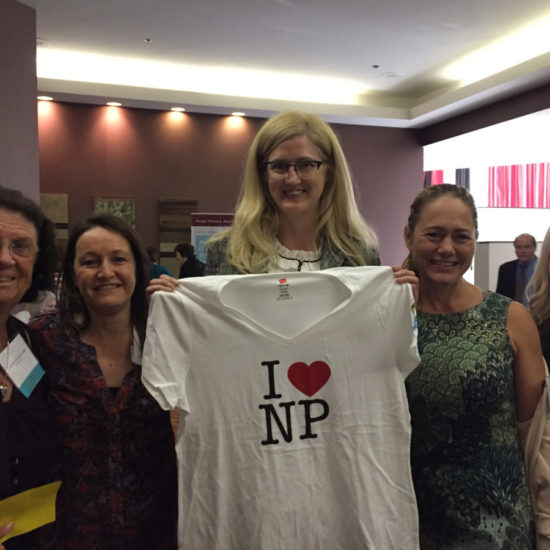
American children today face many challenges. When compared to other high income developed countries, the United States features poor maternal health, higher rates of premature births, and greater incidence of newborns with low birth weight. The health and educational outcomes of children who survive infancy are additionally concerning. Approximately 40 percent of the children who show up for kindergarten aren’t ready, 30 percent of young children have behavioral or developmental problems, and 22 percent of adolescents experience mental and behavioral health disorders that adversely affect school performance and/or participation in desired activities. Poverty, preventable accidents, and violence also contribute significant stressors that impact the current and future health development for many children in America. Evidence continues to support that early exposure to toxic stress gets “under the skin” and fosters lifelong adversity, yet advocacy efforts that promote investing in children continue to fail in both republican and democratic administrations.
Demographer Dowell Myers joins Healthcetera with an innovative perspective on the new importance of children in America. His research reframes the issue of the competing demands of child health versus an increasing population of aging Americans and adults with chronic illnesses. Myers debunks some of the common misperceptions about current demographic trends, unpacks his research findings, and highlights the future burdens that will fall upon the shoulders of the five year old children of today. As the baby boomer generation retires and the life expectancy of seniors continue to rise, the American workforce and number of babies being born is steadily falling. Tighter immigration policies also impact the shrinking American workforce due to the loss of children from immigrant parents .By 2030, Myers projects that there will be 42 seniors for every 100 Americans of working age (25-65 years old). Older Americans will have fewer people to help care for them and fewer taxpayers to support medicare and social security. These trends will eventually result in a critical shortage of economic and caregiving resources for the elderly.
Federal initiatives act as a blueprint and often guide priorities for health spending, health research, and health policy. Unfortunately, both Republican and Democrat Administrations share a history of under-prioritizing children. An analysis by the Urban Institute demonstrates that the 2018 budget proposed by the Trump administration reduces federal outlays by approximately 4.2 trillion dollars over the course of 10 years, and it reduces discretionary spending on children by 70 billion dollars. As discretionary funding undergoes annual appropriations, child involved programs such as social services and early childhood education are at risk of losing fiscal support. Additional projections include a 15 percent reduction in funding towards education programs, 10 percent decrease in health spending on children, a 9 percent decrease on programs involving child nutrition, a 3 percent decrease in spending on income security for households with children, and a decrease of 15 percent towards other child-involved residual spending. Compared with current spending under current law, the 2018 budget represents a 9 to 10 percent loss of federal spending towards children. This loss of funding for children at the federal level impacts spending in the state, local, and research arenas. While the majority of spending for health care, education, and income support are fueled by state and local policy, less federal dollars allocated to these programs will require states to make cuts and may hold serious implications for the health of our nation.
HealthCetera Producer Kristi Westphaln interviews demographer Dowell Myers on the new importance of children in America. His research reframes the issue of the competing demands of child health versus an increasing population of aging Americans and adults with chronic illnesses.
Listen to the podcast here:
Podcast: Play in new window | Download (Duration: 19:50 — 18.2MB)
Subscribe: RSS





